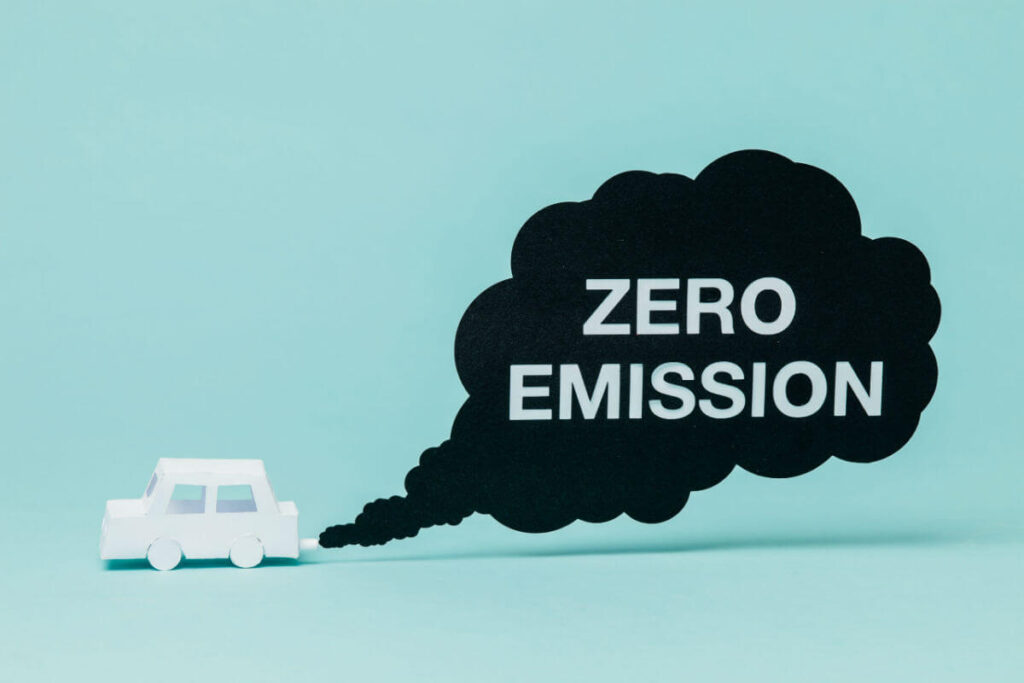Author: Claudia Strambo, Stockholm Environment Institute

This brief explores how the European Union (EU) Green Deal operationalizes the concept of just transition. It shows how the EU Commission’s approach to just transition may influence the politics of decarbonization within the EU. The EU’s “territorial” approach builds engagement with subnational carbon-intensive regions as a political strategy to generate action and bottom-up support towards decarbonization, despite the resistance of the national leadership.
Key messages
- The EU’s territorial approach to just transition strengthens subnational authorities’ agency in decarbonization efforts.
- By such “rescaling” of aspects of the EU’s decarbonization policy, the Just Transition Mechanism of the EU Green Deal challenges the historical politics of decarbonization in the EU.
- Indicators proposed to assess the effectiveness of the Territorial Just Transition Plans lack provisions to monitor their impacts on vulnerable groups. The absence of monitoring raises questions about whether such plans will be fair in practice.
- EU member states must incorporate just transition into their foreign policy and aid programmes to support carbon-intensive regions outside the EU, especially in low-income countries.
Policy debates about decarbonization have increasingly drawn attention to the concept of just transition in its broadest sense. That is, the idea recognizes that the benefits and costs of moving to a low-carbon economy should be allocated fairly across society, and that the workers and communities affected most by the shift away from fossil fuels should receive special support to make the shift (Gass et al. 2018; Healy and Barry 2017).
For many years, research and policy on energy transitions have focused on the emergence of new industries, technologies and behaviour rather than the destabilization of incumbent industries (Fouquet and Pearson 2012). There is however growing recognition that mitigating climate change also requires a managed retreat by carbon-intensive firms (Bridge et al. 2013) and the production of fossil fuels (Green and Denniss 2018; Lazarus and van Asselt 2018). The concept of just transition explicitly draws attention to locations affected by the move away from carbon-intensive sectors, and recognizes them as sites of political action regarding decarbonization.



